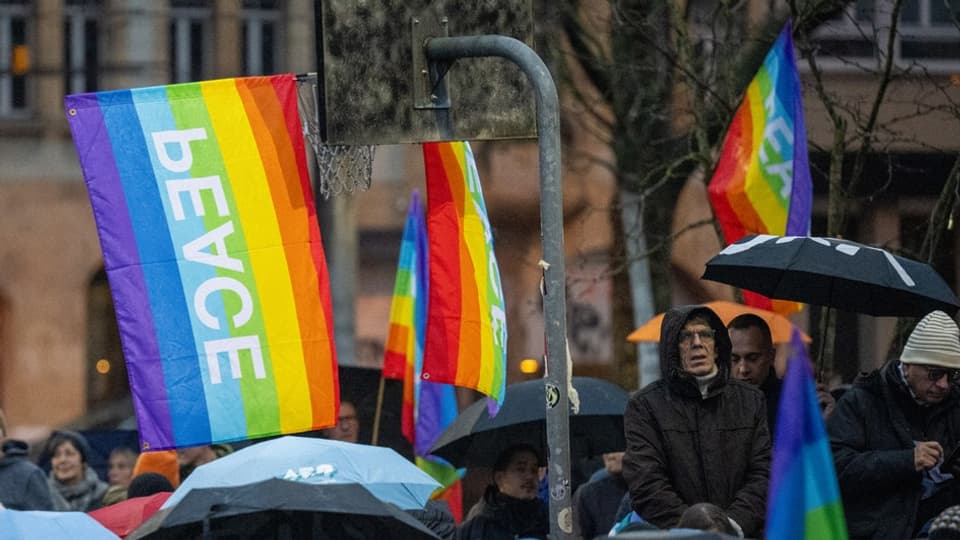Since the fortunes of war left Ukraine, there has been increasing talk of possible negotiations in the West. Swiss crisis diplomat Heidi Tagliavini says what chances such talks have.
SRF News: Why are we now talking about negotiations again?
Heidi Tagliavini: We are seeing signs of fatigue, especially in the West. Then there is ever-increasing political disunity in the Western camp. In addition, there is the realization that this war cannot be solved militarily and that the implications for the West, both financially, politically, ideologically and militarily, can hardly be managed in the long term.
Some say talks need to take place to stop the killing. Others say that you shouldn’t and can’t talk to Vladimir Putin. What do you mean?
In fact, conversations are always better than gun violence. But the sentence of former American President Ronald Reagan applies here: “It takes two to tango.” For now, both sides have diametrically opposed ideas about what should be achieved through negotiations.
Russia doesn’t just disappear from the scene.
But simply because Russia is the immediate neighbor not only of Ukraine but of the whole of Europe, negotiations with Moscow will have to take place at some point. Russia is also the largest country on the continent. It doesn’t just disappear from the scene.
You know Putin personally. How did you experience him as a conversation partner?
Vladimir Putin always seemed to me like an attentive, well-prepared, but inscrutable and unpredictable conversation partner.

Legend:
Peace demonstration in Bern: Peace talks require two willing conversation partners, says the diplomat.
Keystone/Marcel Bieri
How do you get parties to talk to each other in the middle of a war?
It all depends on what kind of conversations you’re talking about. In the case of Ukraine, there have been repeated attempts at negotiations since the beginning of the war. You probably remember the grain agreements or the exchange of prisoners of war. But these are not yet peace negotiations.
If international law is broken and a state gets away with it almost unscathed, then it is like a dam bursting.
There are currently more armed conflicts around the world than there have been in decades. Does that mean diplomacy has failed?
No. But war and similar political developments have the peculiarity of setting a precedent. If international law is broken and a state gets away with it almost unscathed, then it is like a dam bursting. The annexation of Crimea in 2014 was a blatant violation of international law. Russia’s support for separatists in Donbass in 2014 was also a breach of international law. The Russian invasion of Ukraine in February 2022 violated all of the most important international peace treaties. The fact that other crisis regions are now increasingly relying on military conflict shows how contagious and worth emulating such a break with international law can be.
Is it even possible to create peace as a mediator in an armed conflict?
No. Solutions must come from within society, as the Swiss historian Oliver Schmidt once said very well in relation to the Balkans. Ultimately, it is the parties who have to stand behind a peace proposal. What is crucial for a sustainable peace is that the negotiated solution is viewed as fair by both parties.
Matthias Küng conducted the interview.
